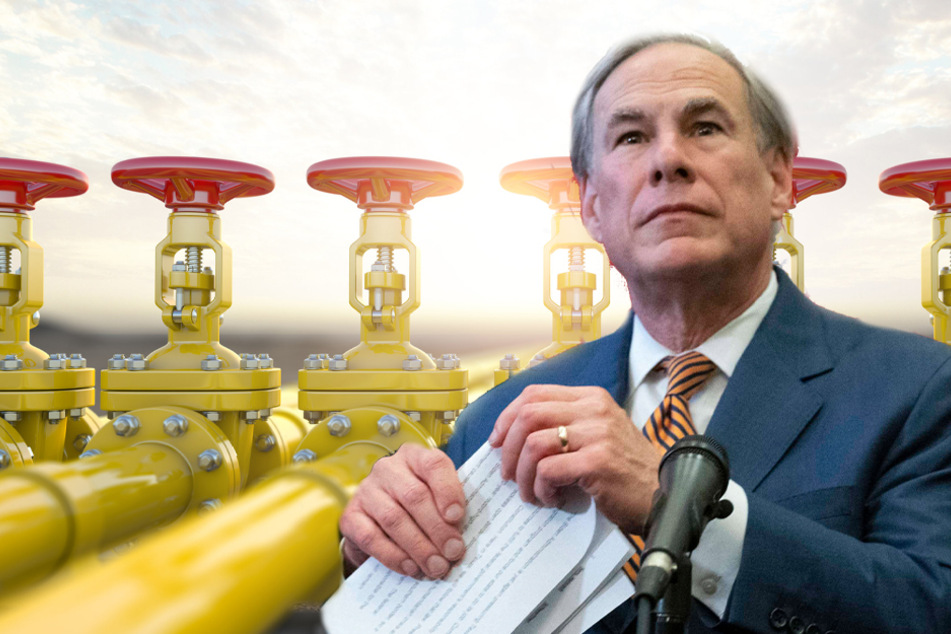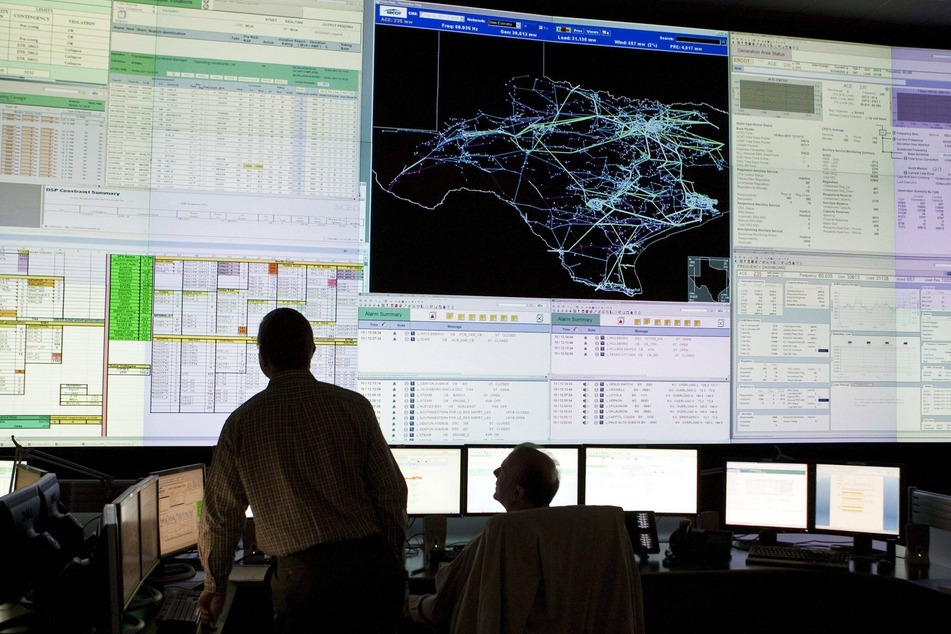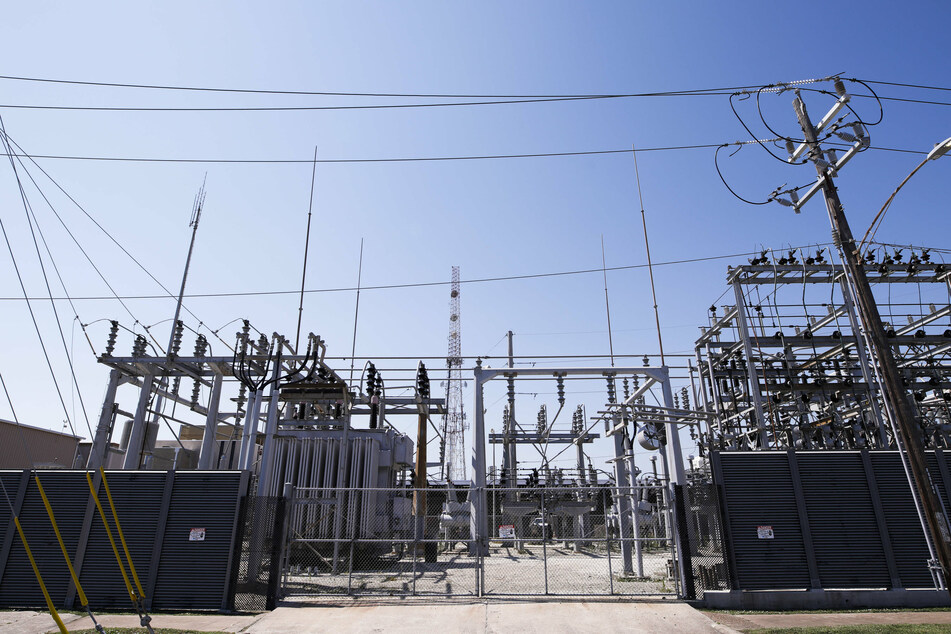Texas gas sellers made $11 billion during the state's devastating winter freeze
Austin, Texas - While Texans were freezing in their powerless homes during winter storm Uri, natural gas traders and pipeline companies raked in roughly $11 billion over the course of nine days.

In a time when millions of Texans were without power and water, natural gas companies were reaping in monetary benefits on the backend.
After numerous interviews and document reviews, Bloomberg reported that natural gas sellers and pipeline companies raked in astronomical earnings during the widespread power outages across the state.
A little-known fact is that 52% of the natural gas production was cut off by suppliers in the days leading up to the Electric Reliability Council of Texas (ERCOT), who controls the energy grid, cutting power to the masses.
ARS Technica reported that Texas' gas production dropped by six billion cubic feet, a quarter of what Texas produces on average, six days before ERCOT halted power across Texas.
According to Bloomberg, two pipeline companies, Targa Midstream Services LLC and DCP Midstream LP, were forced to shut down production of gas-processing sites on February 11 due to the freezing weather, which led to a substantial hike in gas prices.
The proof is in the numbers

The gas sellers are wherein the fishy price gouging lies.
They act as "middle men" between the pipeline suppliers – who produce the gas – and the utility companies – who deliver the energy to customers.
Two of the state's largest gas sellers, Energy Transfer Partners (ETP) and Kinder Morgan, seem to have reaped more than they sewed in a time of crisis for so many.
Energy Transfer Partners had a record first quarter in 2021, bringing in $3.29 billion, compared to a $855 million loss during the first quarter of 2020. Kinder Morgan's earnings followed suit, earning $1.41 billion in the first quarter of 2021, compared to a $306 million first-quarter loss in 2020.
Because of the lack of supply from the production slowdown, sellers were able to up the prices however they saw fit.
Utility companies were then faced with the challenge of acquiring gas at astronomical prices.
Natural gas that was once sold at $3 per million British thermal units (BTU) spiked to $300 per million BTUs in a matter of days, wreaking havoc on utility companies, like CPS Energy, who were in desperate need of power – and fast.
Given the major shortages, natural gas sellers and pipeline companies leaned into supply-and-demand as a defense for the insanely high prices. It was a move that CPS Energy was not fond of, calling it a cash grab meant to put profits over people.
Lack of regulations allow for price gorging

The CEO and President of CPS Energy, Paula Gold-Williams, made a statement on the alarming position her company was put in.
"Energy Transfer charged the single most exorbitant, excessive, and unconscionable Winter Storm Uri prices that we are aware of. These hardball tactics – which are intended to pressure us and our customers into paying – underscore Energy Transfer’s apparent belief that a declared natural disaster is the perfect opportunity to squeeze as much profit as possible out of everyday consumers," she said.
Energy Transfer Partners is one of 15 companies CPS Energy filed lawsuits against in May over the 15,000% increase in gas price during the winter crisis.
Given that Texas' natural gas market is wildly unregulated, there was no rule in place that blocked gas sellers and pipeline companies from acting with money-hungry intentions.
But the real issue stems from Texas' lack of preparation for extreme weather. As the state is on its own individual grid, separated from the rest of the US, more pressure lies on those in charge to ensure the equipment is weatherized and functioning.
If there is a shortage of natural gas or energy, it's up to Texas' representatives and state officials to right any wrongs before they turn into bigger problems that aren't so simple to solve.
According to ARS Technica, Texas governor Greg Abbott knew about the natural gas shortages five days prior to the grid failing. He is said to have spoken with the Public Utility Commission of Texas 32 times regarding the problem in the days leading up to the epic grid failure that left residents in the dark for days on end.
Due to the massive energy shortage and lack of regulation, natural gas traders in Texas were handed the opportunity to gouge prices and up-charge utility companies for service restoration, leaving the burden of their wrongs to the victims: the people of Texas.
Though Gov. Abbott called for a special legislative session that began on Thursday, no plans were made to address the power grid failure or steps to improve its reliability.
Cover photo: Collage: IMAGO / ZUMA Wire / 123rf / maxxyustas